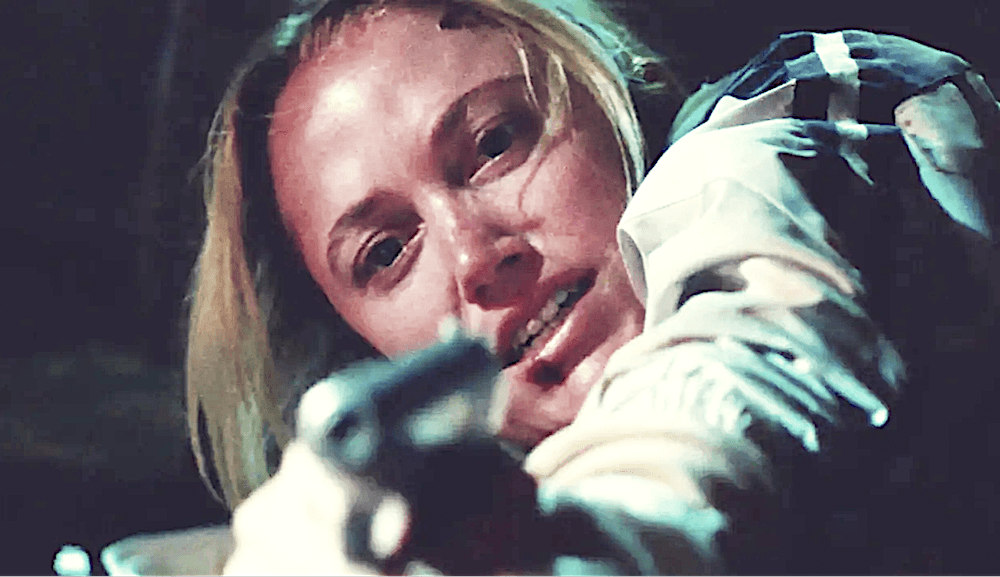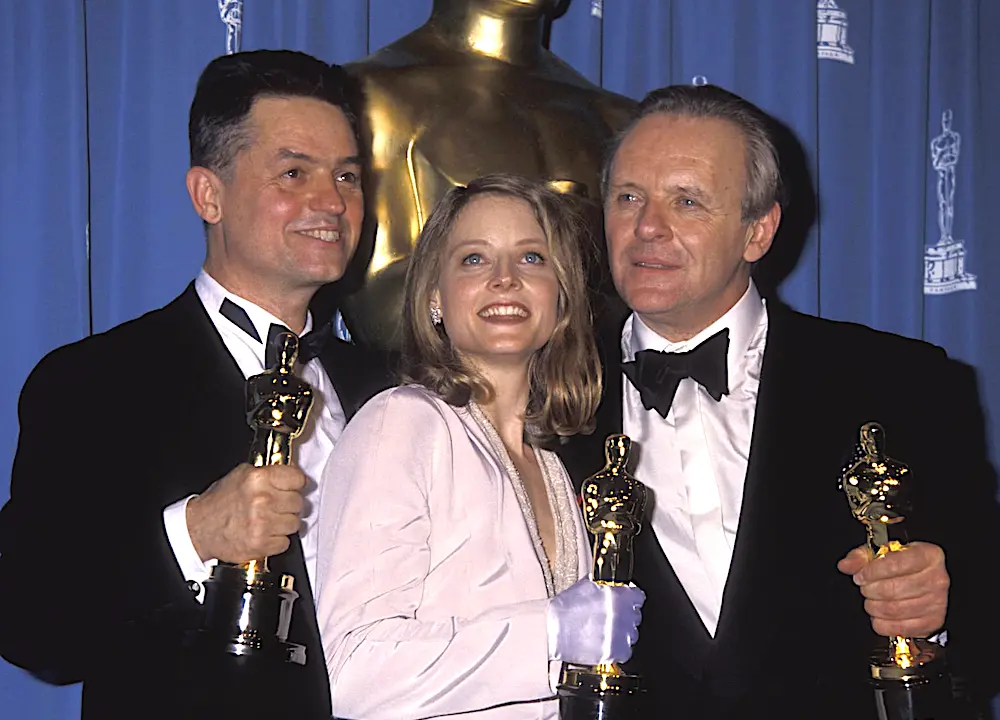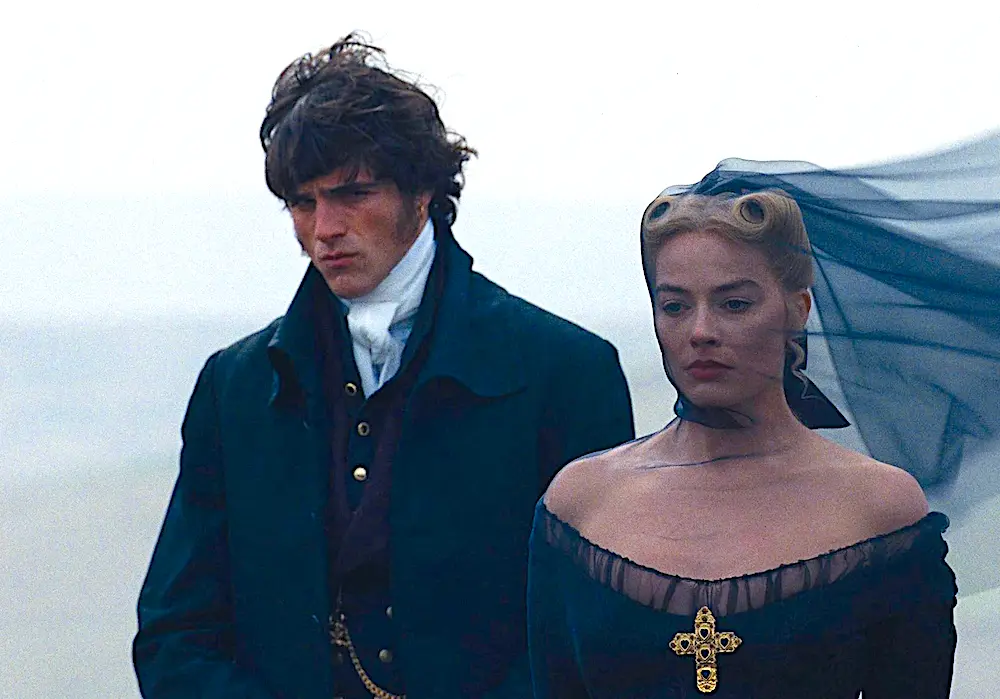In Clint Eastwood’s “Jersey Boys” (2014), we learn there were only three ways for young Italian American men to escape Jersey in 1951: join the Army, join the mob, or get famous. “Jersey Boys” is the movie version of the Broadway musical about the life and times of Frankie Valli and The Four Seasons: four juvenile semi-delinquents who made it out of Belleville, New Jersey, on the third option.
Popcorn and Inspiration: ‘Jersey Boys’: The Life of Frankie Valli, and Meeting Clint Eastwood in Person

Mark Jackson
Film Critic
|Updated:




